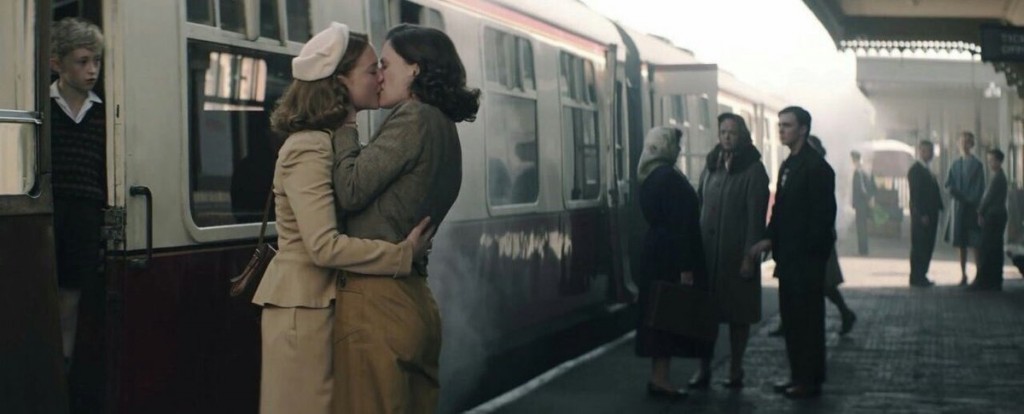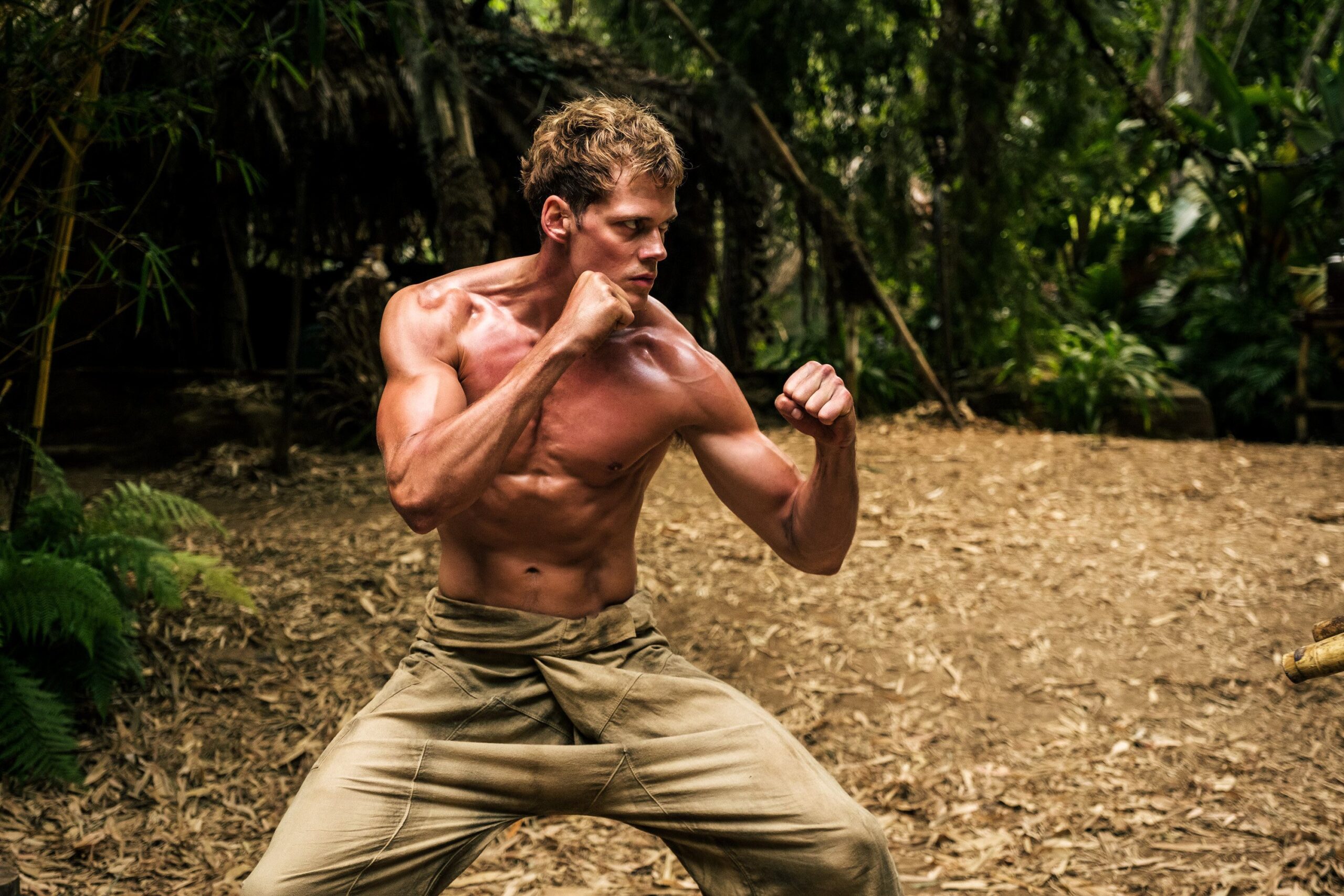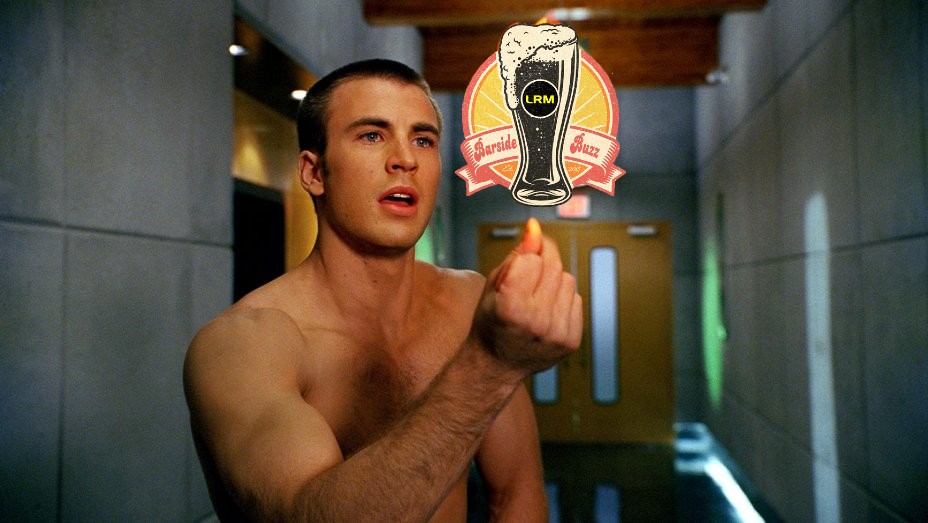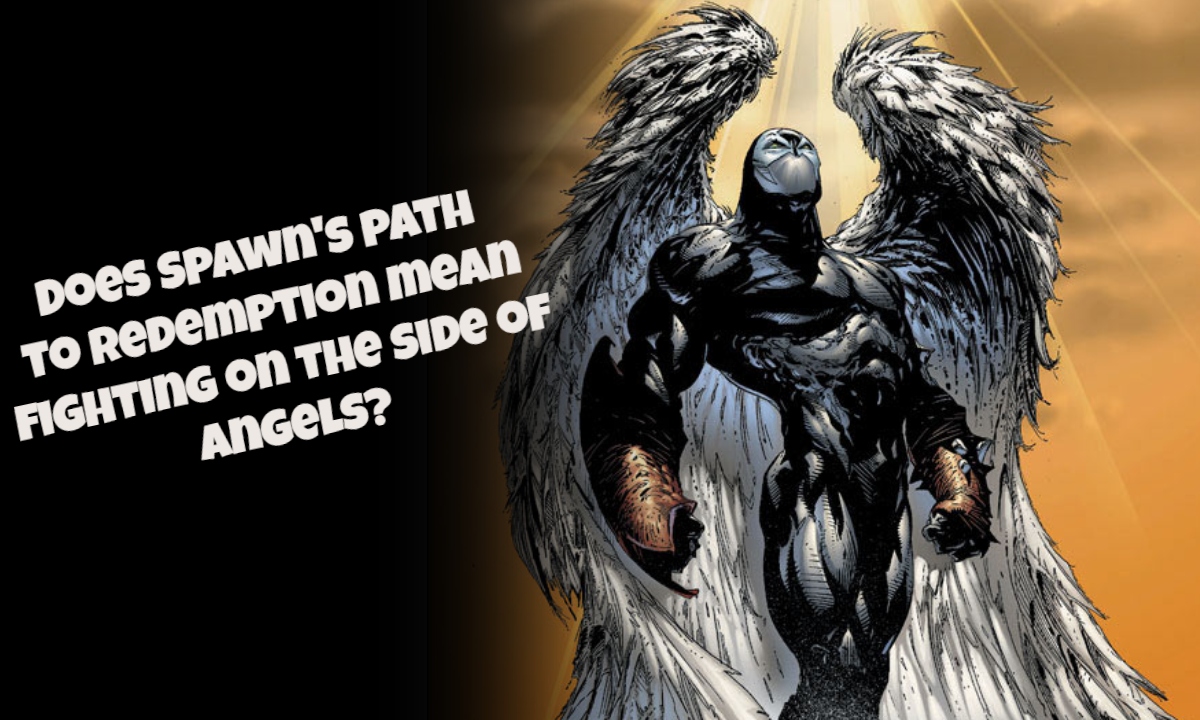Earlier this week, I had a chance to speak with Annabel Jankel, director of the upcoming film Tell it to the Bees. The movie is based on the novel of the same name by author Fiona Shaw, and it tells the story of a doctor who becomes romantically entwined with the wife of a client. Of course, given ’50s time period in which the story takes place, it’s not necessarily something that’s socially acceptable.
In my discussions with the director, we discussed the process of adapting the story for the big screen, the subject matter, and one of the young new talents who did an exceptional job with the role the film. You can check out our full interview down below!
The film is in select theaters now!
LRM Online: How did you come across to this project, or had you read the novel beforehand, or did reading the novel come in after getting this project?
Jankel: No, it was exactly … It was actually reading the novel, definitely. I mean, that’s what did it for me. I just picked it up. It was given to me, actually, to read. And I became really fully engrossed in it, and I just spent the whole weekend pretty much, you know, kind of compelled by the story, and absolutely loved it. I loved the, sort of, the element of the bees which just felt, you know, like adding beautiful aspects of nature would be an extra element that I hadn’t really seen very much before. And so, that was kind of the beginning of the process. And then I met Fiona Shaw, who is the author, and got on really well, and I told her about my thoughts and ideas, and she got onboard with it, and we then … Then I went to the British Film Insitute, and the whole thing started to take shape.
LRM Online: Was Fiona Shaw working with you during the filming? Was she present at all during the process?
Jankel: Oh, yeah. Yes. Yeah, very much so. She came down several times and consulted all the way through, and we asked for her feedback, and she was really forthcoming, and we often would have questions specifically, and she’d be able to answer them. Things that weren’t quite as spelled out in the book. We wanted to know what her thinking was behind it. So, yeah.
LRM Online: Great. I actually had a chance to start the novel. I have not finished it. So, at the beginning, I mean, I really liked how the husband was introduced in the film. I have to say that that kind of made a good build-up to the story of wondering, you know, exactly the background of the mother and son.
Jankel: Yes. I mean, you know, you’ll realize once you start reading the novel that really the story was very much inspired by the novel, but we had to, just for practical purposes, alter and truncate, change, expand, collapse various characters into each other because the novel takes place, actually, or comes realized over about 15 months, I think it is, and our story is only over the summer.
LRM Online: Right.
Jankel: ‘Cause, obviously, ’cause we’re shooting everything.
LRM Online: Right.
Jankel: But the Robert character is great, and I love the way that in the trailer it opens up with him, with her saying, “So, this is how you’re leaving?”Is this how you say good-bye?” because we come back to that later, a little bit, a few scenes later where you see when she says to him, “Give me a proper good-bye, then,” but I won’t give spoilers as to how that’s relevant so as not to spoil anyone.
LRM Online: Yes. I’m trying to not say so much because, like I said, I started the novel, I have yet to finish, and I’m not sure about the ending yet, but, I mean, the film itself, I really enjoyed it. So, how did it I’m kind of contemplating just skipping the novel to the end, but I was like, no, I can’t cheat myself like that.
Jankel: It’s just, it’s an interesting exercise, really, but I actually hadn’t read the novel recently, and I just, you know, dipped in and out of it just now, just over the last few days. You know, it’s very different. It’s a different animal altogether but very much in the same realm but in a very different place and time. It’s actually set, the novel’s set in Yorkshire somewhere, and ours it set in Scotland, and the novel’s set later on in the ’50s, and ours is set in the early ’50s. It was all to do with the logic of, you know, Robert coming back from the war, and what point of the war was this, and then the boy is 10 years old, and just, you know, the logistics of a timeline.
LRM Online: Mm-hmm (affirmative). I mean, you mentioned the little boy, the Charlie, the character of Charlie. I have to say, of the whole cast, I mean, they were great, but he was the one that I was like, wow, poor kid. He’s had so many, like … He got to absorb so many adult experiences. I mean … He was a tough cookie. The character, I mean, the little boy, the actor, I mean, he did great.
Jankel: He did wonderfully. I mean, honestly, it was such a hard slog because, you know, he’s in so many scenes, and the shooting time is very specific when you’re working with child actors, and so, you know, he would often have to leave the set having done his shooting schedule and then go back and then have a session on Skype with a coach, actually, because you wanted him to become familiar with the material before he came onto set the next day. So, he worked insanely hard. And he was such a great young actor with a tremendous future, and he’s passionate about the craft.
LRM Online: Wow. Yeah. I mean, it was great. That little boy absorbed so much, but I guess, I mean, I’m sure that coaching must have really, really helped for all the scenes. What about with the other characters?
Jankel: ‘Cause he … Yeah. Because he hadn’t really done anything before this. This was pretty much his first outing.
LRM Online: Oh, wow.
Jankel: I think there might have been a small part, but he really was … It was all, you know, it was a big, new thing for him. Yeah.
LRM Online: Wow. That’s great. I’m sure he has many more successes coming his way.
Jankel: I hope so.
LRM Online: What were some challenges that you came across during the film, you know, coming from a novel, like, the story of a novel and bringing it to a screen?
Jankel: Oh. Yeah, that’s a good question because the production required that this was shot in one season, obviously, and the novel starts off in the wintertime and I think it ends up maybe in the spring. I can’t quite remember. But anyway, the challenges were, how do we tell this story with all these characters? And it goes through a lot of situations. How do we tell this story in a low … ‘Cause this is a low-budget film. And how do we tell this story with all these characters? First of all, our first challenge was, let’s put it into the summer, into one summer, because that’s when the bees are around, and that was very important. You know, that was a massively important element.
LRM Online: Right.
Jankel: And then, secondly, how do we deal with all these extra characters? Well, so, we had to eliminate the housekeeper, and we made … You’ll come across the housekeeper in the book. We eliminated her and her son. We eliminated Jim’s wife and two children, and he became a widower with one daughter. And Annie became not only the niece but also the best friend that was the character of Dot in the book.
LRM Online: Right.
Jankel: So, a lot of big changes that were very … It was a very incremental process that took several drafts, but our writers, Jessica and Henrietta Ashworth, young writers, sisters in fact, did a stellar job of really getting the … in a way, boiling it down to the real essence and truth of the story.
LRM Online: What was one of your scenes in particular that you really enjoyed, bringing it from the book, like, how you envisioned it when you read the novel to seeing it when you first saw it on screen?
Jankel: I would say, it was more the feeling. When I was reading the book I really got a strong sense of the bees, and yet the bees don’t nearly play as an important dramatic role as they do in the film.
LRM Online: I agree with you.
Jankel: And so, I think … yeah … I think what I really enjoyed in the process of developing was really thinking of the bees as another character, and so I think that was, really, a hugely enjoyable and joyful part of the process to give weight to the bees as well as the love story. And it’s a love story, you know, between lots of different people. It’s a love story between two friends, which is Jean and Charlie. It’s a love story between two women, Jean and Lydia. It’s a love story between a boy and nature, which is Charlie and the bees. You know? And it’s the dissolution of a love story between Robert and Lydia. So, all these interweaving elements, when I read the book, I just felt very strongly that this had a lot of power, potentially, as an emotional drama.
LRM Online: Right. No. Yeah. It did have different love stories, and even the one, the one that was really heartbreaking to see, is the procedure done with Annie, the character, done by the encouragement of the mom and the brother, I mean, that was … so heartbreaking to hear.
Jankel: I mean, that’s a really … Yeah. I mean, it’s … they’re aspects of, you know, what went on in the ’50s and actually continues to this day in many places, many countries, so it’s something that we felt was a very important, relevant part to include.
LRM Online: Yes. So, where was the filming done?
Jankel: In Scotland.
LRM Online: In Scotland? Oh, okay.
Jankel: Near Glasgow, in a place called Stirling on the whole, and it was really, really … It was a challenge because we had to really hurry up into production, because when all the elements came together, and all the entities, the financial entities were behind it, it was already essentially very late in the summer and the bees go to sleep.
LRM Online: Oh, yes.
Jankel: You know, they don’t really behave or act the way you want them to.
LRM Online: Right.
Jankel: And although there are scenes with obviously CG bees because you can’t realistically train 40,000 bees to all go in the same direction exactly where you want them to on camera, much as we try to. We had a bee whisperer who actually did do a lot of that.
LRM Online: Oh.
Jankel: He did get them to do a lot of the things we wanted them to do. It was quite a challenge because it was very late in the year for bees, and so that was something that had to be … We had to sort of really just step on it to get going and get into production.
LRM Online: Right. All right. Well, thank you so much for your time, Annabel. I mean, I enjoyed the film, like I said. I started the novel, and I was like, for so far, for what I’ve read in the novel and from what I saw in the film, it was very clearly done, and totally understanding that you have to cut some parts and some characters because it is a movie that’s limited in time.
Jankel: I know. It’s such shame. That’s why TV is getting, you know, it’s day in court, is wonderful. But you can take a novel, and you can, you know, over 16 hours or longer, you can actually explore the … every aspect of it. But, anyway, I’m hoping that everybody will respond positively.
Don’t forget to share this post on your Facebook and Twitter using the buttons at the top! Or you can react to the post down below!
—–
Have you checked out LRM Online‘s official podcast feed yet, which includes our flagship podcast Los Fanboys? Check it out by listening below. It’s also available on all your favorite podcast apps!

 FOR FANBOYS, BY FANBOYS
Have you checked out LRM Online’s official podcasts and videos on The Genreverse Podcast Network? Available on YouTube and all your favorite podcast apps, This multimedia empire includes The Daily CoG, Breaking Geek Radio: The Podcast, GeekScholars Movie News, Anime-Versal Review Podcast, and our Star Wars dedicated podcast The Cantina. Check it out by listening on all your favorite podcast apps, or watching on YouTube!
Subscribe on: Apple Podcasts | Spotify | SoundCloud | Stitcher | Google Play
FOR FANBOYS, BY FANBOYS
Have you checked out LRM Online’s official podcasts and videos on The Genreverse Podcast Network? Available on YouTube and all your favorite podcast apps, This multimedia empire includes The Daily CoG, Breaking Geek Radio: The Podcast, GeekScholars Movie News, Anime-Versal Review Podcast, and our Star Wars dedicated podcast The Cantina. Check it out by listening on all your favorite podcast apps, or watching on YouTube!
Subscribe on: Apple Podcasts | Spotify | SoundCloud | Stitcher | Google Play







